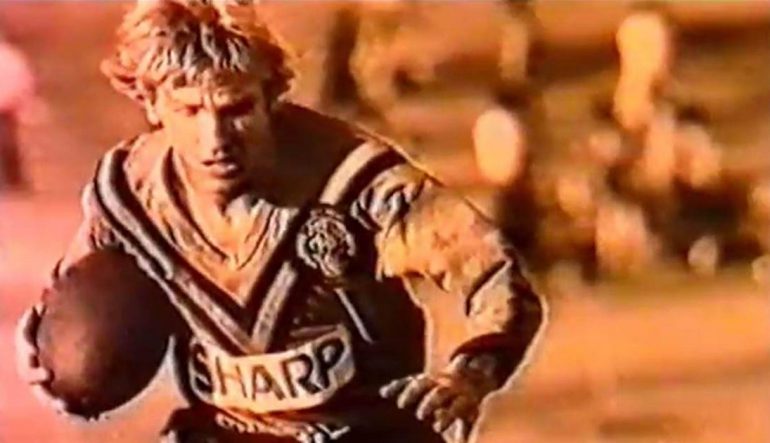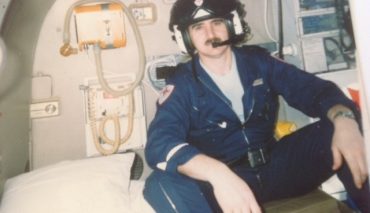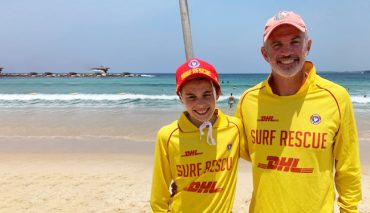When it emerged last month that Australian rugby league legend, Garry Jack had survived a sudden cardiac arrest following a heart attack earlier this year, he became a living example of the importance of CPR training.
Garry, an incredibly fit and healthy athlete who represented Australia in rugby league and was a star First Grade player for the Balmain Tigers in the 1980s and 1990s, was weeks away from his 60th birthday when it happened.
Garry was at jiu jitsu training when his heart went into ventricular fibrillation, which causes the pumping chambers of the heart to quiver uselessly and stop pumping blood, causing cardiac arrest.
Garry’s jiu jitsu trainer and long-time friend, Simon Farnsworth heard Garry drop and, after recognising the signs of cardiac arrest, started performing CPR within the first minute.
Even though an ambulance was called straight away, Garry was clinically dead for eight minutes before they arrived. Thanks to Simon’s quick-thinking actions, paramedics were able to defibrillate Garry, get his heart pumping blood again, and revive him.
Statistics show it is unlikely Garry would have survived without Simon being ready and willing to administer CPR. St John Ambulance Australia estimates the mortality rate for people who experience an out-of-hospital cardiac arrest (OHCA) remains above 90 per cent – and that for every minute that passes without CPR or defibrillation after an event, the patient’s chances of survival decrease by 7 to 10 per cent.
Garry Jack rightly credits the actions of his friend, Simon Farnsworth for saving his life.
“We’ve been mates for 20 years and we’re mates for life now. When someone saves your life, thanking them’s not enough.”
So do the paramedics who arrived on the scene, who were able to revive Garry due to the fact someone with CPR training was nearby, and willing to step in to help.
With so few surviving OHCA, Garry’s experience is the exception rather than the rule. It is also a powerful example of why more of us need to take a few hours out of our lives to learn CPR, and refresh our skills at least once a year.



